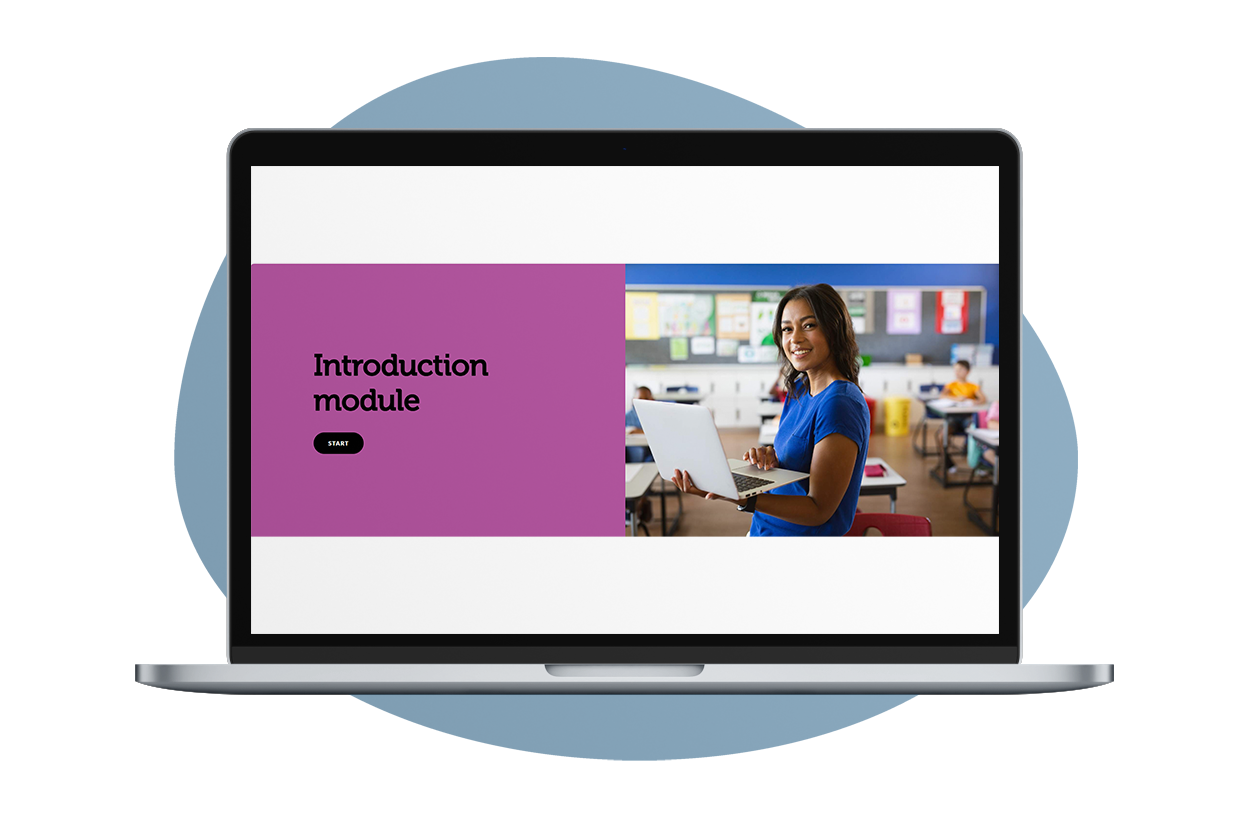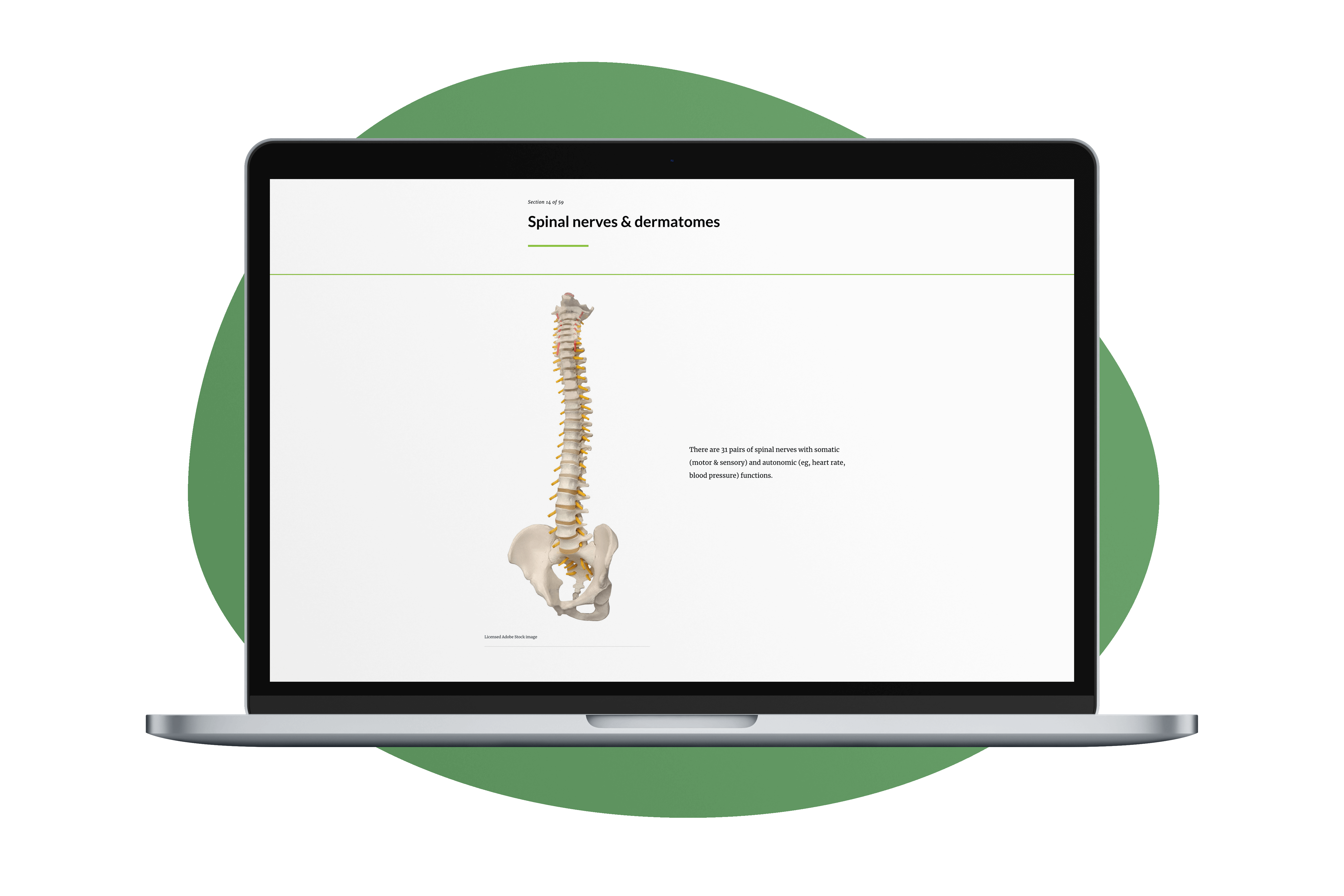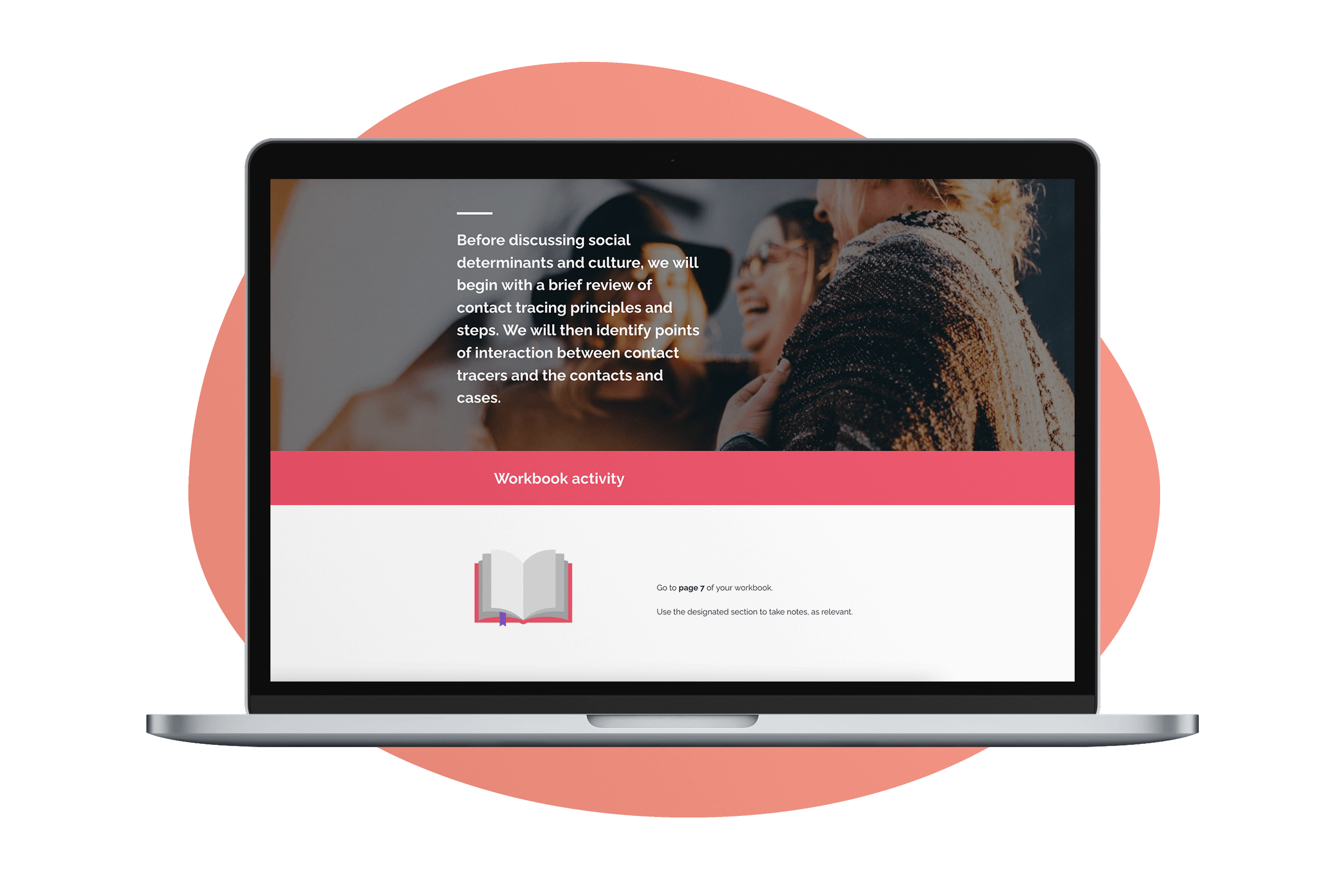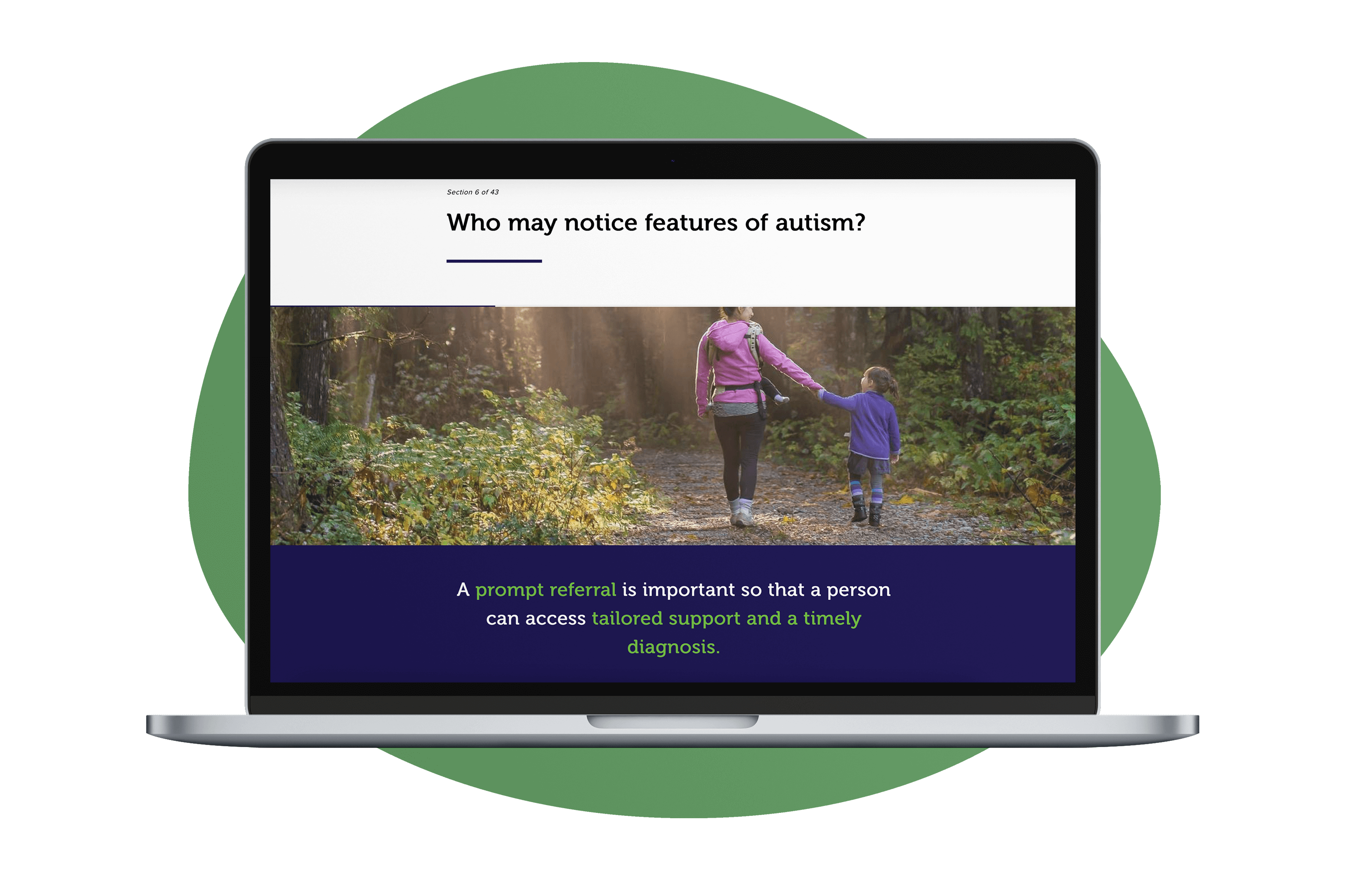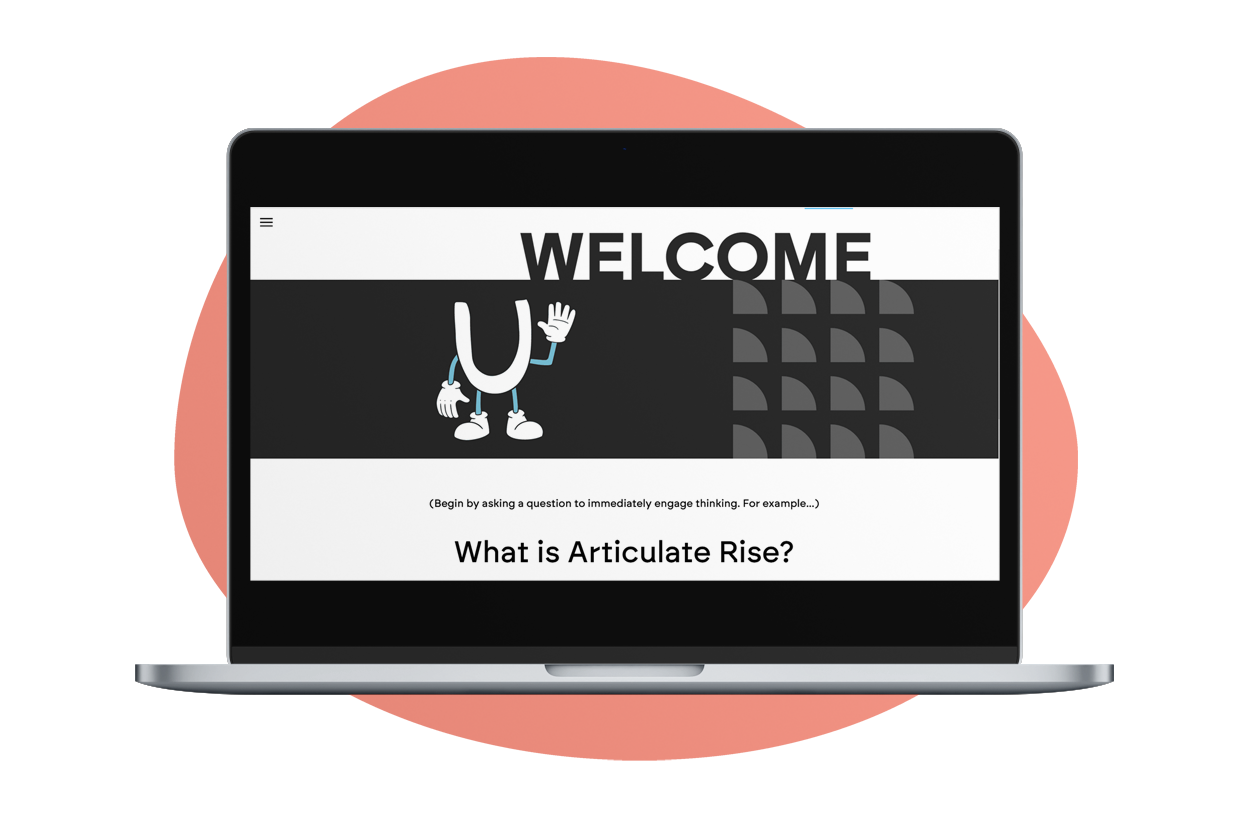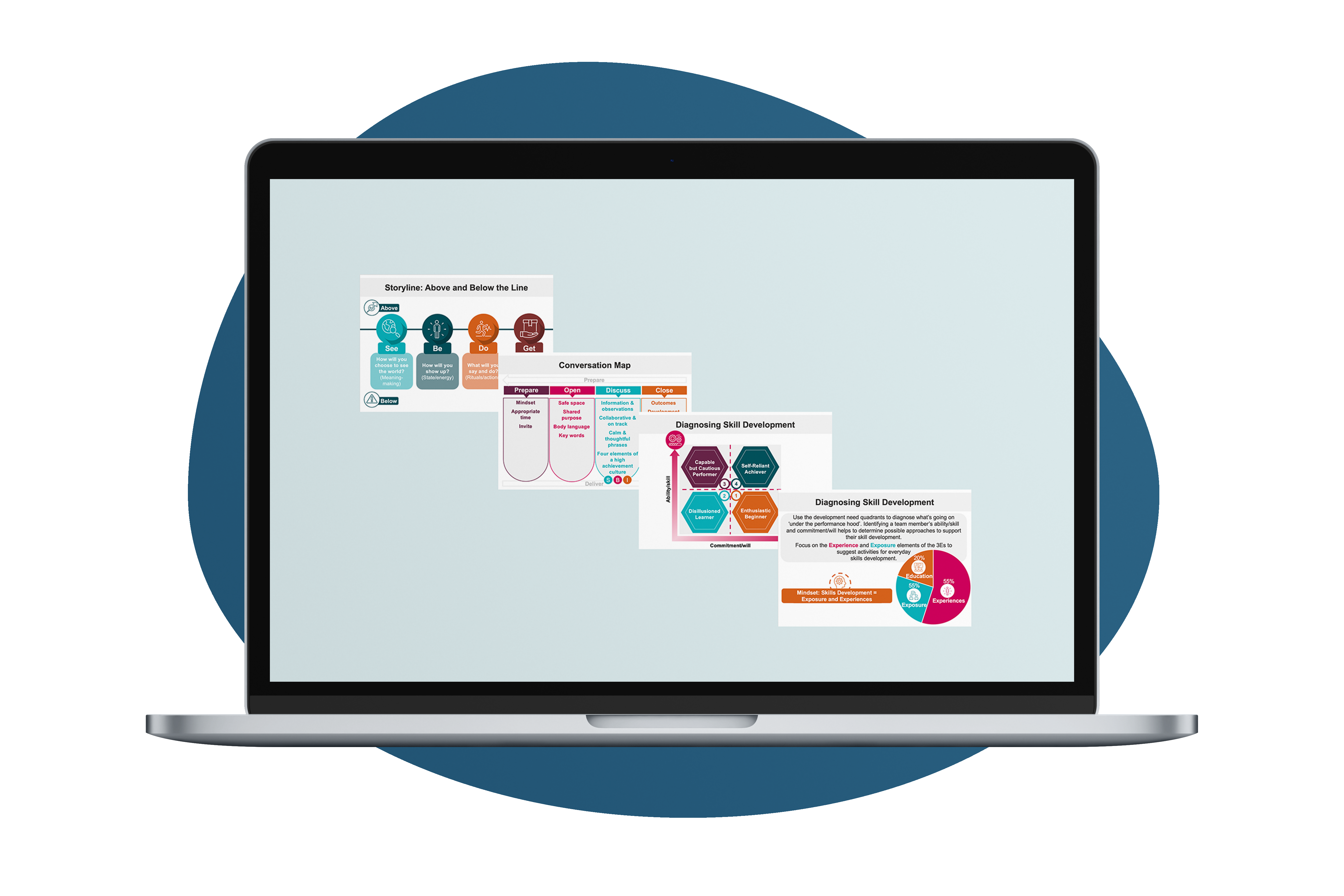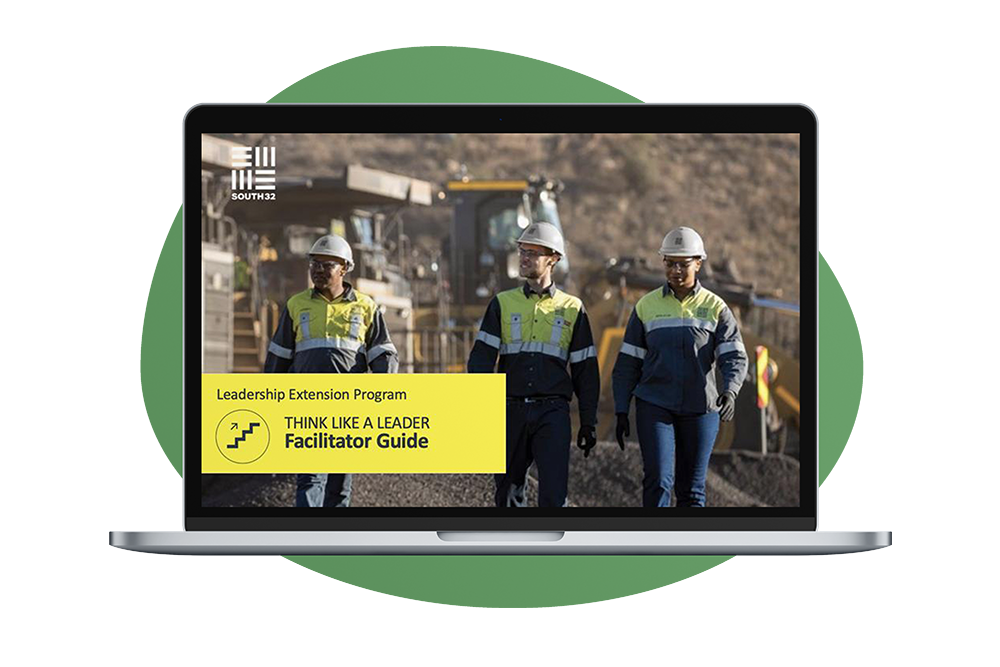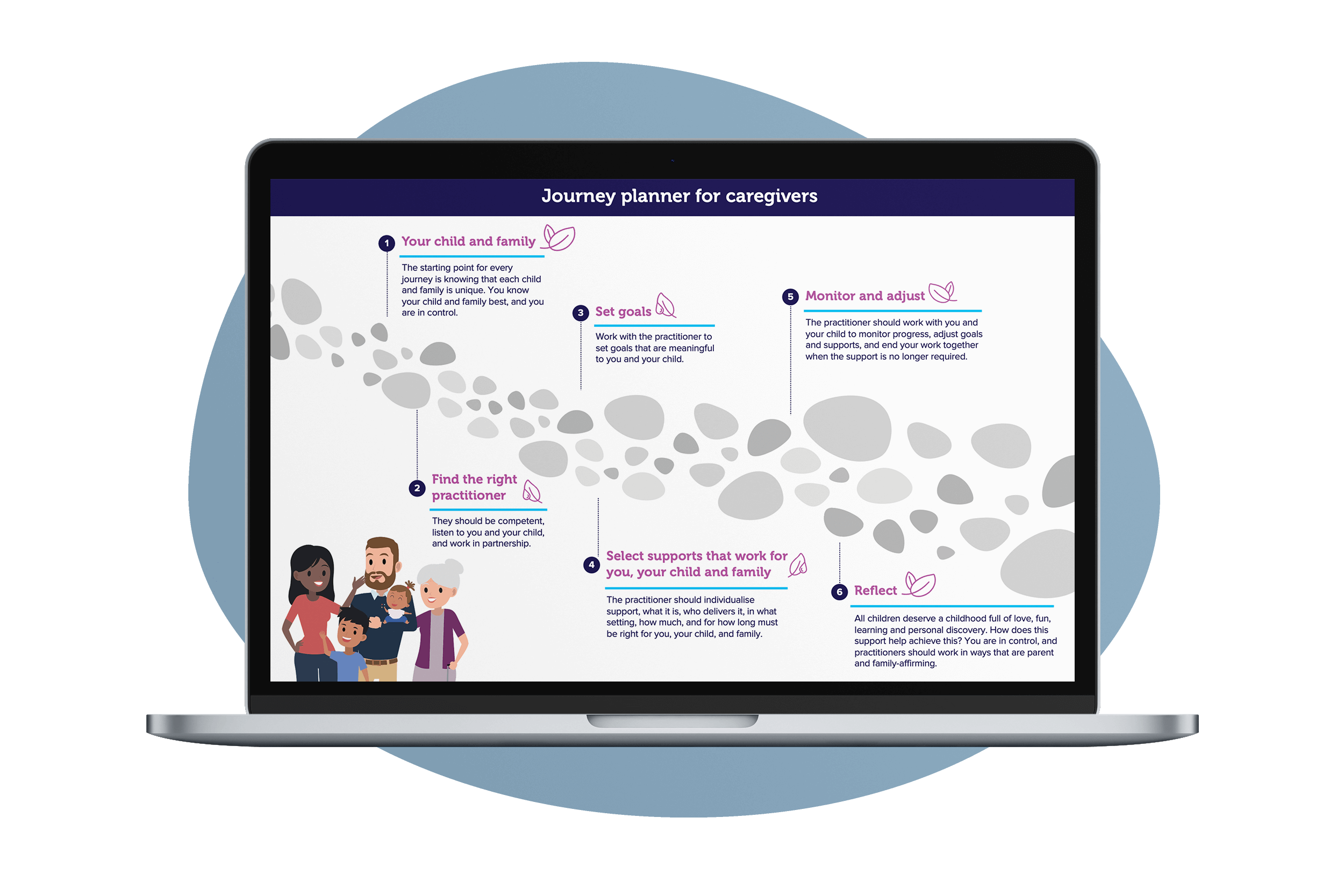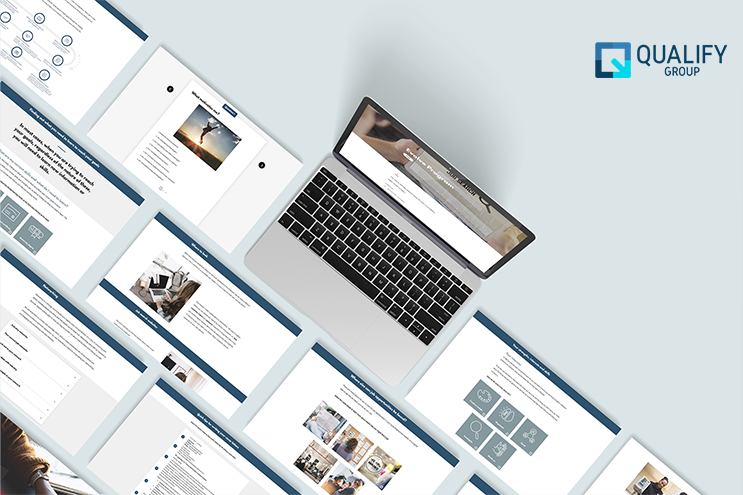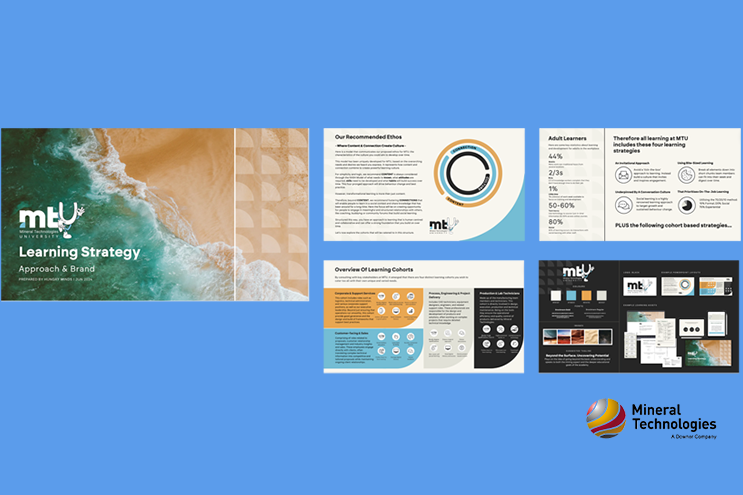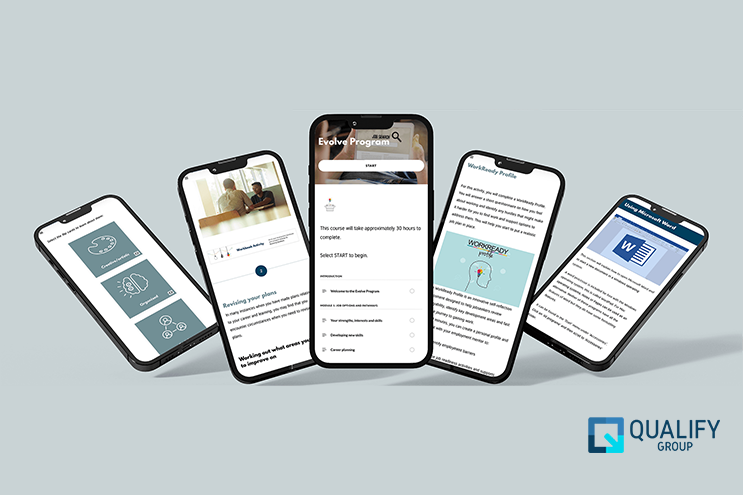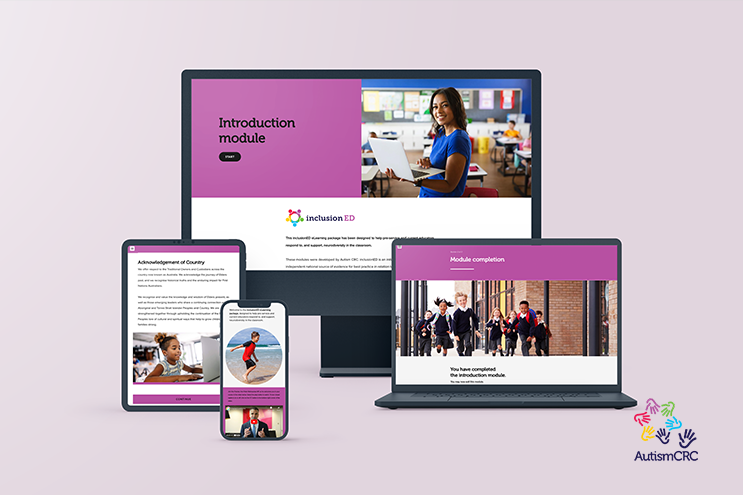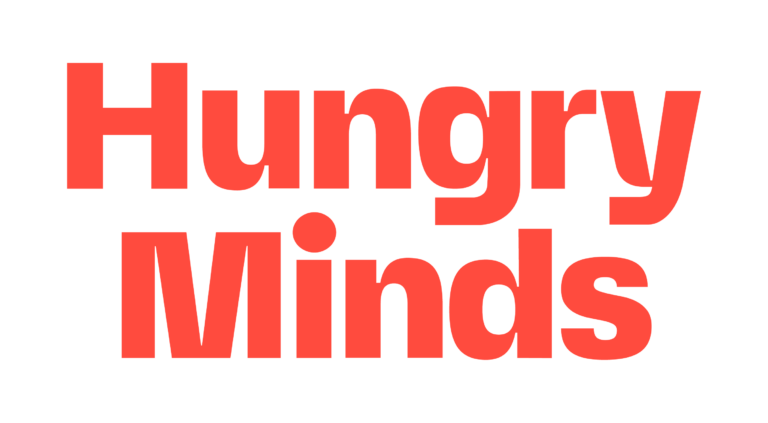eLearning Development
Custom eLearning development that drives results. At Instructional Design Australia, we create engaging digital learning tailored to your learners, goals, and industry.





Get A QUOTE FROM US TODAY!
eLearning Development Solutions
Standard Inclusion
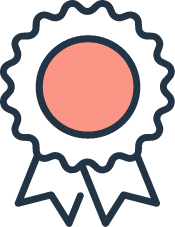
Modern Look and Feel
We use eLearning authoring tools that deliver content in a captivating way.
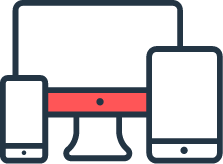
Responsive
No desktop? No worries!
Our eLearning courses present perfectly on phones, tablets and desktops.
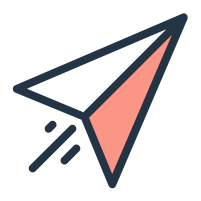
Easy Navigation
We use intuitive navigational features for a user-friendly experience.
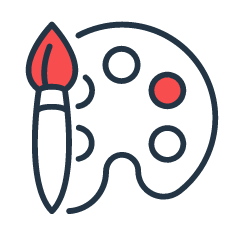
Interactive Elements
We use a variety of interactive elements to make learning engaging, including: labelled graphics, interactive scenarios, processes and timelines, flashcards, accordions and tabs.
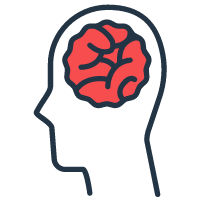
Knowledge Checks, Quizzes and Assessment
We use a variety of knowledge checks throughout our programs to allow learners to confirm their understand before moving on.
Quizzes and assessments are used to evaluate the learner’s knowledge and skills development, and feed data to the LMS.

Multimedia
Embedding multimedia enhances engagement, strengthens understanding of concepts and increases knowledge retention.
We can incorporate: video, audio, images, galleries, attachments and links.
Who do we work with?







Case studies
Why Online Learning or eLearning training?
Online learning is convenient for busy employees and aligns with the needs of modern learners.
Its flexibility in both time and place allows participants to access and complete learning around their work and personal commitments.
For organisation, it often proves more cost-effective and practical than face-to-face delivery.
eLearning can also be used as an embedding, communication or pre-learning tool as part of end-to-end learning programs.

Have you identified a learning need in your organisation?

Is the target audience geographically dispersed?
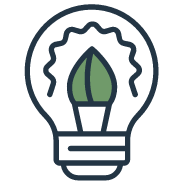
Are you under a time and/or budget crunch that limits travel/off-the-job opportunities for face-to-face learning?

Do you need to deliver training to a large number of employees?
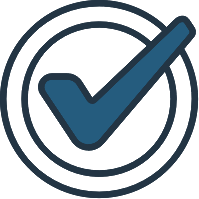
If you answered yes to any of the above questions, online learning may be the solution for your needs.
Recent eLearning Projects
FAQs
At Instructional Design Australia, we craft a wide range of learning programs tailored to your needs, from immersive eLearning courses and interactive modules to hands-on training materials and educational webinars. With expertise spanning various industries and disciplines, we’re poised to deliver bespoke solutions that resonate with your audience and drive results.
Learning solutions we have designed include:
- eLearning Courses: Digital modules accessed online, often interactive with multimedia elements.
- Blended Learning Programs: A mix of online digital media with traditional face-to-face teaching.
- Microlearning Modules: Short, focused segments of learning, usually under 10 minutes, designed for quick knowledge acquisition.
- Workshops & Seminars: In-person or virtual interactive sessions on specific topics.
- Webinars: Online seminars or workshops delivered in real-time.
- On-the-job Training: Structured training in the workplace, helping employees learn about their specific roles.
- Certification Programs: Courses that provide a certificate upon completion, demonstrating proficiency in a specific skill or subject. This includes accredited training.
- Soft Skills Training: Programs targeting interpersonal skills, communication, leadership, etc.
- Technical Training: Focused on specific technical skills or tools.
- Mentorship Programs: Pairing learners with experienced individuals for guidance and learning.
Instructional Design Australia designs learning solutions for a broad range of industries, including:
- Agriculture
- Automotive
- Banking & Finance
- Construction
- Consumer Electronics
- Education
- Energy (Oil & Gas, Renewables)
- Entertainment
- Food & Beverage
- Healthcare
- Hospitality & Tourism
- Insurance
- Mining
- Retail & E-commerce
- Telecommunications
- Transportation & Logistics
- Utilities
- Waste Management
- Wholesale Trade
At Instructional Design Australia, we don’t limit ourselves to specific topics. Our seasoned team has experience spanning diverse industries and subjects. From technical and medical content to soft skills training and industry-specific knowledge, we tailor programs to your specific needs, ensuring content relevance and learner engagement.
eLearning materials encompass a range of digital resources tailored to facilitate online learning. Examples include interactive modules with multimedia elements, video lectures, quizzes, and assessments. Simulations offer virtual real-world training experiences, while webinars provide live or recorded seminars. Learners can engage with content through gamified activities, immerse themselves in VR & AR experiences, or delve into detailed case studies. Supporting materials like PDFs, infographics, and podcasts supplement these core resources. Mobile apps ensure accessibility, and discussion forums foster collaborative learning.
Together, these materials create a comprehensive and interactive online learning environment.
The three main types of eLearning are:
- Synchronous eLearning: This type involves real-time interactions between instructors and learners, often through live webinars, chats, or video conferencing. It mimics the traditional classroom setting but is conducted online.
- Asynchronous eLearning: Learners access course materials on their own schedule, without real-time interaction. Examples include recorded video lectures, self-paced online modules, and discussion boards.
- Blended Learning (or Hybrid Learning): This approach combines traditional face-to-face instruction with online learning activities, offering a mix of synchronous and asynchronous experiences.
Each type has its own advantages and is chosen based on learning objectives, available resources, and the needs of the learners.
eLearning includes a broad range of digital educational experiences and resources designed to facilitate learning outside the confines of a traditional classroom. Key components of eLearning include:
- Online Courses and Modules: Structured, often self-paced lessons that cover specific topics or skills.
- Webinars and Virtual Classes: Live, interactive sessions where learners can participate in real-time.
- Interactive Simulations and Scenarios: Engaging activities where learners can practice skills or decision-making in a controlled environment.
- Quizzes and Assessments: Tools to evaluate learner comprehension and provide feedback.
- Learning Management Systems (LMS): Platforms that host, track, and manage e-learning content and learner progress.
- Mobile Learning (mLearning): Courses or materials specifically designed for smartphones and tablets.
- Discussion Boards and Forums: Online communities where learners can discuss topics, ask questions, and share knowledge.
- Digital Libraries and Repositories: Collections of e-books, articles, videos, and other resources.
- Gamified Learning: Incorporating game mechanics, like points or badges, to increase engagement.
- Multimedia Content: Videos, podcasts, infographics, and animations that enrich the learning experience.
- Collaborative Tools: Platforms and applications, like wikis or shared documents, that enable group projects and teamwork.
- Adaptive Learning Systems: Software that personalises learning content based on a learner’s performance.
eLearning materials are designed to be accessible, interactive, and engaging, leveraging technology to cater to diverse learning styles and needs.
A learning program is a structured set of educational experiences designed to help learners achieve specific knowledge or skills. While the exact contents can vary based on the subject, audience, and format, a typical learning program may include:
- Learning Objectives: Clear statements detailing what learners should know or be able to do by the end of the program.
- Pre-assessment: A tool or method to gauge learners’ baseline knowledge or skills.
- Curriculum or Course Outline: An overview of the topics, modules, or units covered in the program.
- Instructional Materials: This can include textbooks, e-learning modules, videos, simulations, reading materials, and more.
- Learning Activities: Exercises, group discussions, role-playing, case studies, and other interactive elements that facilitate active learning.
- Assessments: Quizzes, tests, assignments, and projects that evaluate learners’ understanding and application of the material.
- Feedback Mechanisms: Ways for learners to receive input on their performance, which can include grading, peer reviews, or instructor comments.
- Resources: Supplementary materials like reading lists, links, tools, or templates that support learning.
- Collaborative Tools: Platforms or methods enabling group work, discussions, or peer-to-peer learning.
- Support Services: Tutoring, mentoring, technical support, or counseling services that assist learners throughout their journey.
- Post-assessment: Evaluates the knowledge or skills gained by learners after completing the program.
- Evaluation and Review: Mechanisms to gather feedback on the program’s effectiveness, often leading to future improvements.
- Certification or Credentials: For some programs, learners may receive a certificate, diploma, or other credentials upon successful completion.
- Follow-up Activities: Materials or resources provided post-training to reinforce learning, such as job aids, refresher courses, or performance support tools.
- Continuous Learning Opportunities: Recommendations for further studies, courses, or resources that learners can pursue to deepen their knowledge or skills.
While all these components can be part of a comprehensive learning program, the inclusion of each depends on the scope, duration, audience, and goals of the program.
A training program example is a ‘Leadership Development’ course. This type of program typically encompasses a series of modules focused on essential leadership skills, such as team management, effective communication, decision-making, and strategic planning. Participants often engage in a variety of learning activities, including workshops, simulations, and e-learning modules, which collectively facilitate both knowledge acquisition and skill development. The program might culminate in a capstone project or assessment, validating the participant’s ability to apply learned concepts in real-world scenarios, thereby solidifying their leadership capabilities in a practical context.
Effective learning programs are strategically designed courses or curricula that optimise the learning process to achieve specific outcomes. These programs incorporate evidence-based teaching strategies, cater to diverse learning styles, and offer measurable results. Key features of effective learning programs include:
- Clear Objectives: The program sets defined goals that are aligned with learners’ needs and organisational requirements.
- Engaging Content: Materials are relevant, updated, and presented in a way that captivates the learner’s interest.
- Variety of Learning Modalities: They use a blend of methods like eLearning modules, hands-on activities, group discussions, and real-world application tasks.
- Assessments: Regular evaluations ensure learners are grasping the content and progressing towards the set objectives.
- Feedback Mechanisms: Learners receive regular feedback, allowing for course corrections and personalised learning paths.
- Flexible & Accessible: Modern programs often leverage technology, enabling learners to access materials anytime, anywhere.
- Continuous Improvement: Effective programs are periodically reviewed and updated based on feedback and evolving needs.
- Real-world Application: They ensure learners can apply what they’ve learned in real-world situations.
- Community & Collaboration: Opportunities for peer interaction and group work enhance the learning experience.
- Support Resources: Supplementary materials, mentoring, or tutoring offer additional aid to ensure learners succeed.
When these elements are thoughtfully integrated, learning programs not only impart knowledge but also drive behavioural change, skill acquisition, and organisational growth.
Elevate your Organisation
Get A QUOTE FROM US TODAY!
How eLearning fits with the preference of the learners in today's workplace?
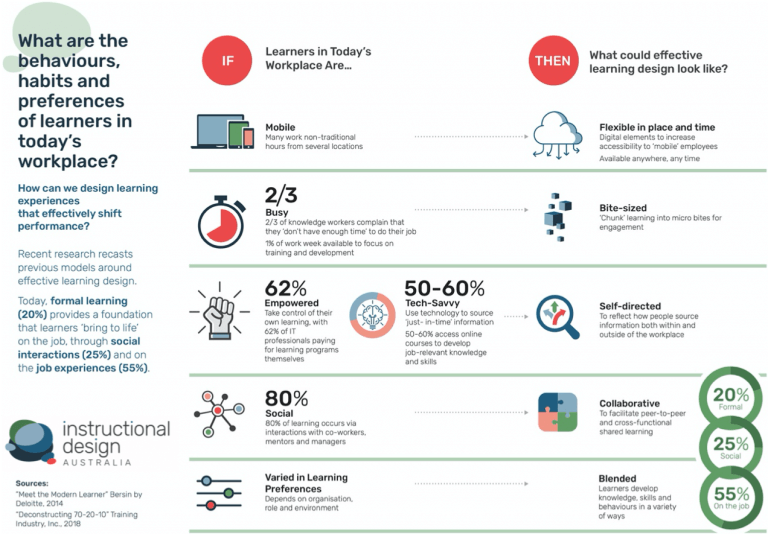
Chat about your eLearning project
Start your eLearning project today – enter your email and we’ll be in touch!
Client Testimonials
See what our recent clients say about us
On behalf of me, Anne-Marie and the Power to Kids team – we just wanted to say a massive thank you.
It’s been quite the journey, and we couldn’t have asked for better partners – we learnt a lot a long the way, and your patience and flexibility throughout was always appreciated. Claire with her attention to detail, immaculate organisation, straightforward advice, and always can do approach. Anthony always working his magic, somehow reaching into my rambling brain and producing images, graphics, videos that capture our message so clearly. Michael, who kept us laughing, always with an eye on the bigger picture.
I know everyone thinks their work is important, but I hope you leave our project knowing that you have contributed to an outcome that will have immense impact for protecting vulnerable children – this work really matters – and you are part of making a difference.
While I won’t be sad to no longer be reviewing eLearns on the weekend (phew)… I think Anne-Marie and I are going to feel a little eLearn hole from working with this wonderful team for some time to come.
-Smeeta, Manager, Mackillop Institute
“They took a complex brief and delivered something exceptional. The team deeply understood our goals and created a beautifully designed module that transformed our health and safety induction experience. It was engaging, visually creative, and clear—seamlessly combining psychosocial and physical H&S content for a diverse audience. Special thanks to Naomi for her expert leadership. The process was collaborative, on time, and the final result exceeded expectations.”
– Byron, Wellbeing and Injury Management Leader, EnergyAustralia
Need a fast quote?
eLearning Quote Pronto
Send us your email and number and we’ll get in touch within 24 hours!
LOOKING FOR SOMETHING ELSE?
We offer a range of instructional design courses and products.
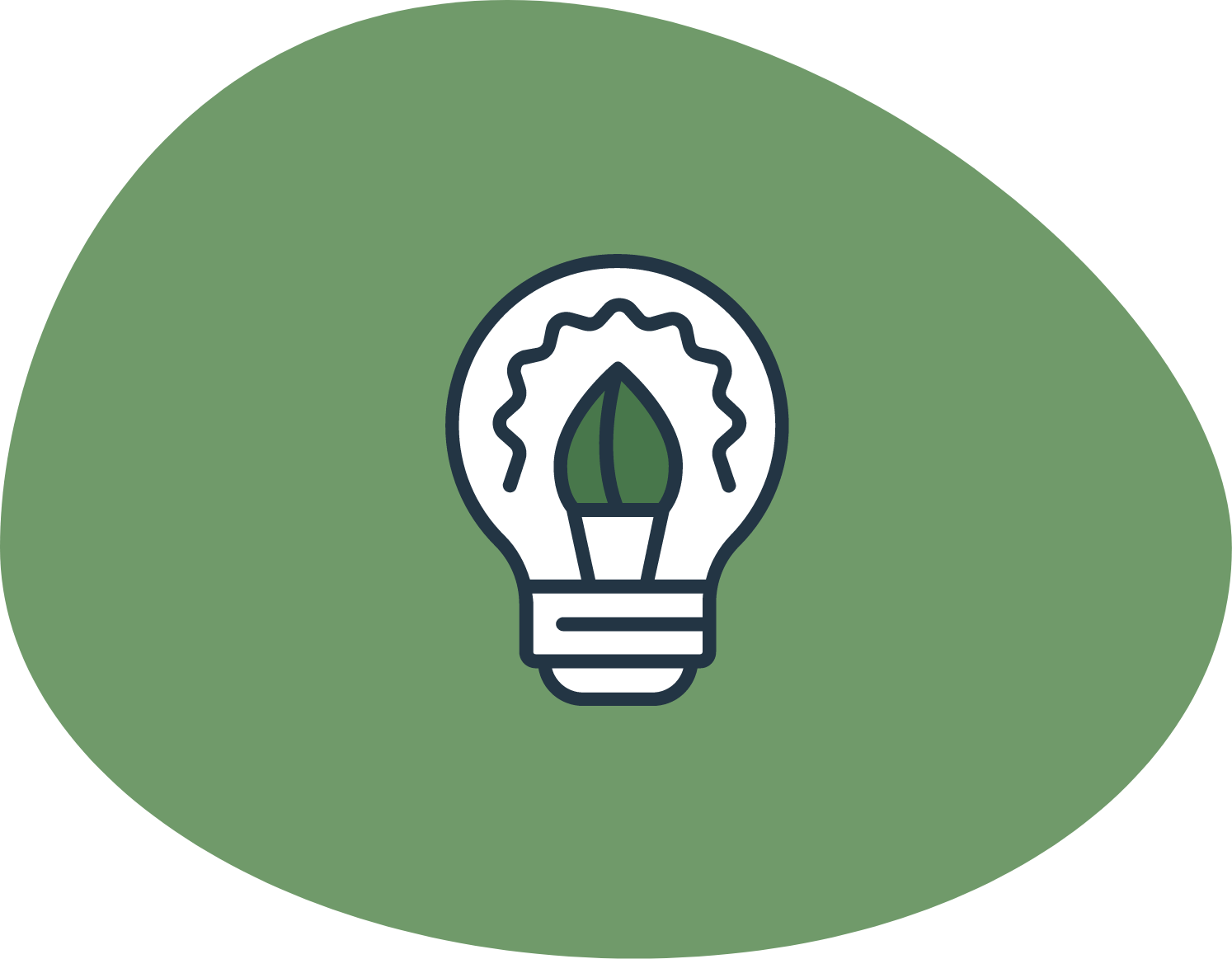
Learn
Discover engaging learning design through our self-paced courses. Craft impactful learning experiences with the support of templates, guides and personalised coaching.
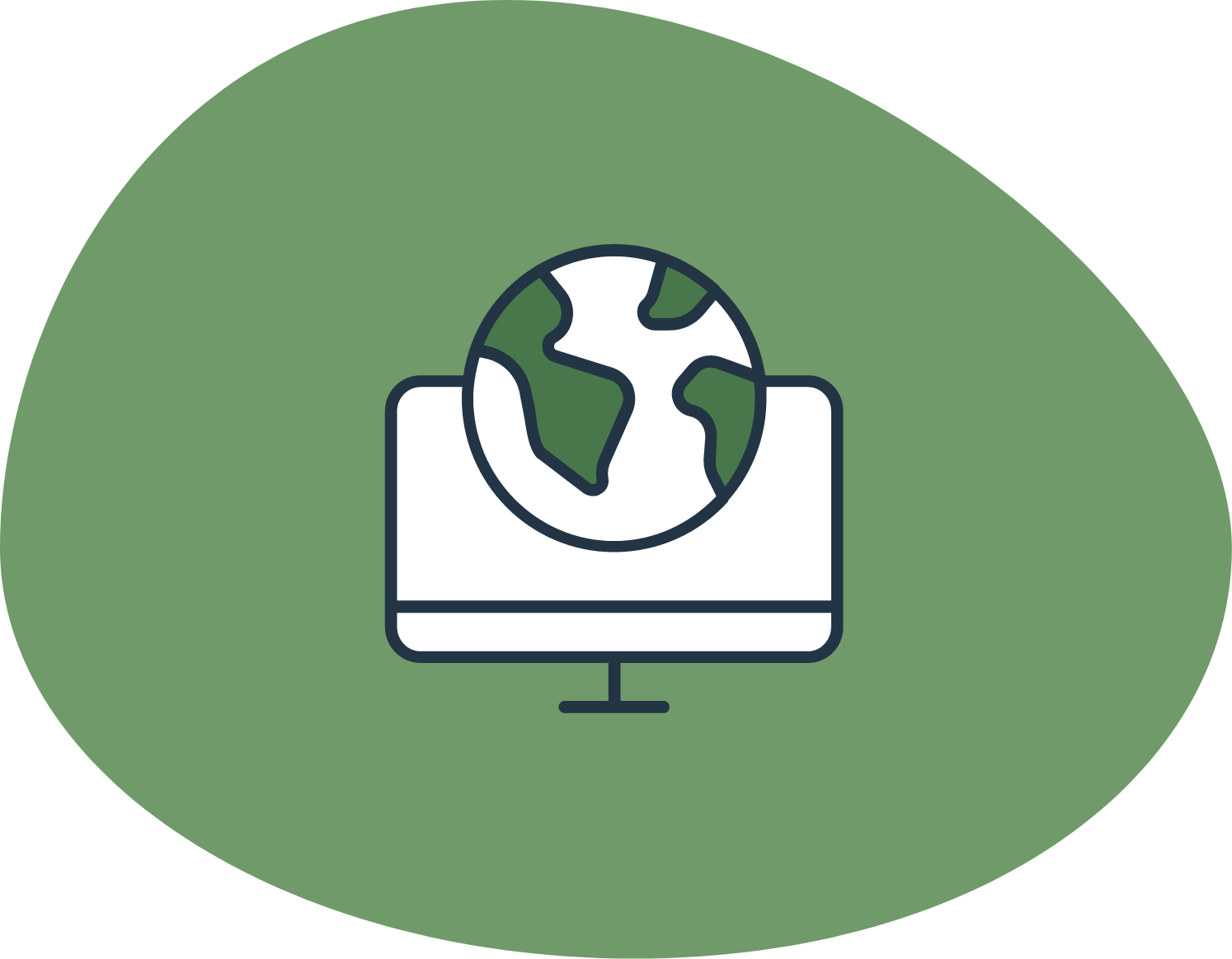
eLearning
Redefining eLearning-our solutions are designed for real-world application, driving impactful results and elevating performance. We’re you go-to for captivating, engaging and outcome-focused online learning.
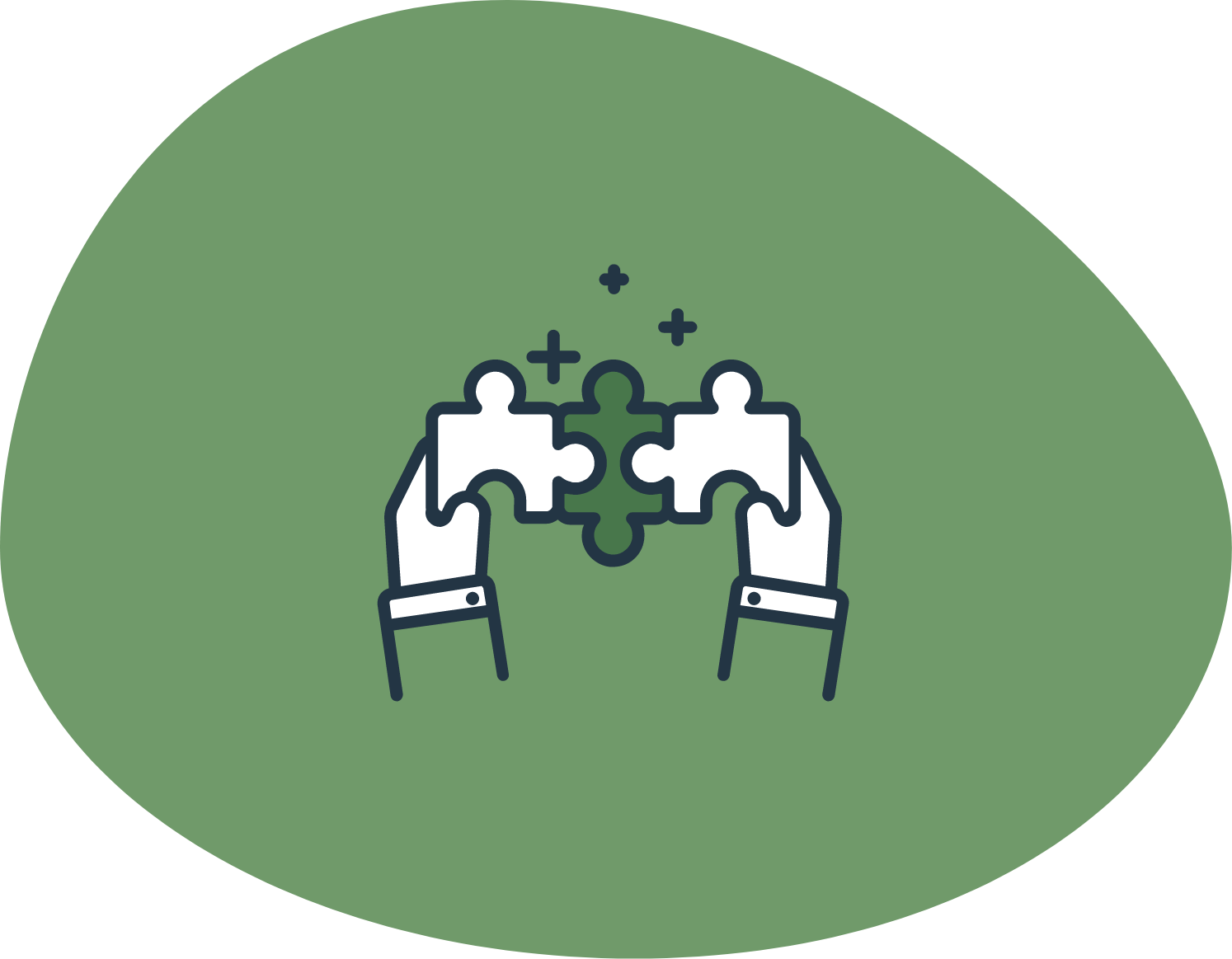
Learning Programs
Ready to uplift your team? Together, we’ll uncover your learning needs, craft tailored, results-driven programs, and enhance performance, all while aligning learning outcomes with your core business objectives.
Need a quote or proposal for your eLearning Development?
Get a quote from us!
Who are we?
We’re curious crafters of meaningful and impactful learning experiences. Leaders in the world of instructional design since 2009, we are proud to have partnered with key Australian organisations across diverse industries. More than learning designers; we’re capability shifters.
We’re part of the Hungry Minds Group.




